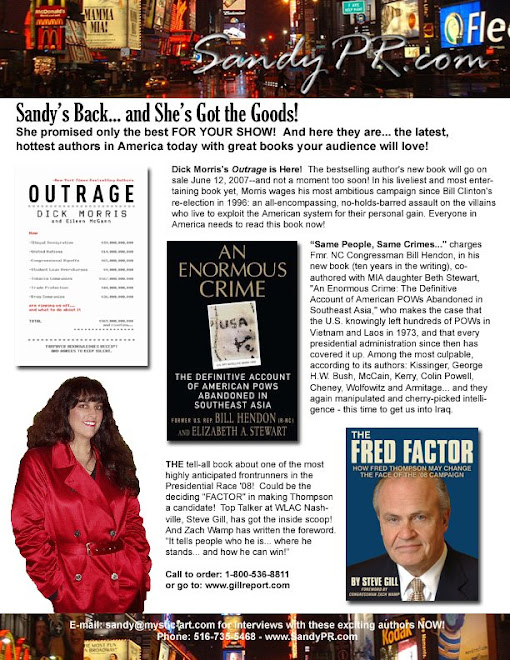What Was I Thinking? The Dumb Things We Do and How to Avoid Them is an in-depth exploration, both serious and humorous, of the dumb things we all do and how we can stop them from messing up our lives by William Helmreich, a prominent sociologist at CUNY Graduate Center. It sheds new light on the well-known foibles of the rich and famous - Bill Clinton, Martha Stewart, John Edwards, Roger Clemens, Bess Myerson, James Frey, Paris Hilton, Saddam Hussein, Lindsay Lohan, Stew Leonard, and many others. In addition to these well-known personalities, this book also deals with the many dumb things ordinary folks do - for example: telling your boss off and losing your job; ending a great friendship over something minor; road rage; suing someone over something not worth spending a lot of time on; or lying when you don't have to.
But this is far more than an entertaining read. Based on hundreds of interviews and exhaustive research, Helmreich concludes that this behavior isn't only a result of psychological problems; it's also based on our very culture, history, and values. Topics discussed include the larger world we live in, arrogance, honor, looking for the easy way out, paranoia, and insecurity.
Only when we understand these causes, says Helmreich, can we begin to address our behavior and improve our lives. The stories of how and why these people screwed up their lives are meant to be cautionary tales from whom valuable lessons can be learned. In addition, Helmreich drives home these lessons with 42 concrete solutions and suggestions on how to avoid doing dumb things.
This is a topic that Helmreich has explored for a very long time and with every passing day, another famous person does something dumb; yet we're all still stunned by the news. Dr. Helmreich's recent article in Newsday - "Men (and women) behaving badly," is about the resignation of "David Sokol, who just threw away a chance for the world's best job - succeeding Warren Buffett as head of Berkshire Hathaway - because of questionable financial behavior." Helmreich added, "Did he forget what happened to Martha Stewart? Hadn't he heard of Bernie Madoff, Enron, WorldCom and the many other names that have become synonymous with corruption, dishonesty or misuse of insider information?"
"These people (and so many more) now have tarnished reputations, but have they really been punished? It seems that these days, all you have to do is issue a sincere-sounding apology - adding, perhaps, that you're in therapy or you've found God - and all is forgiven. The rest of us are reluctant to banish these people. We need our heroes as much as they need us. But there's a real danger here - one that threatens to destroy the trust that society depends upon. Its most common expression is, 'Everyone does it.'
"There's a way out of this mess, but it won't be easy. Schools need to develop ethics programs that begin in pre-K and continue throughout their education. We also need to punish the misbehaving icons of society - sending Lindsay Lohan to jail for violating her probation was a good example. Everyone - especially young people - is watching, and bad behavior merits consequences; and we need to create positive peer pressure that looks down on dishonesty."
Having lived in the Middle East in preparation for a film, Helmreich interviewed Hamas leaders and other terrorists. He says on Muammar Qaddafi: "Never back an unstable person into a corner unless they're harmless. With a trained army, thousands of African mercenaries, large stockpiles of weaponry, including 23 tons of mustard gas, vast oil reserves, and billions of dollars in cash, Muammar Qaddafi could make a lot of trouble, including unleashing terrorist attacks throughout the world, something he has done in the past. He's a paranoid megalomaniac, given to delusions of grandeur. That type of individual will act irrationally if pressured enough.
"To back Qaddafi into a corner would be dumb. Even if you win, you lose in terms of the collateral damage. The right strategy is to punish him and show you mean business without attacking his sense of honor or threatening him with death. If he feels he has a way out, he may retreat. He did it before when he paid 1.5 billion in damages for terrorism and the U.N. and the U.S. basically forgave him. So it's worth a shot."
William Helmreich, a prominent sociologist at CUNY Graduate Center, is the author of What Was I Thinking: The Dumb Things We Do and How to Avoid Them. He has been interviewed by Oprah and Larry King and regularly offers expert commentary on radio and television. He's also head of the City College Conflict Resolution Center. In preparation for a film on the Middle East, Helmreich interviewed Hamas leaders and other terrorists.







No comments:
Post a Comment